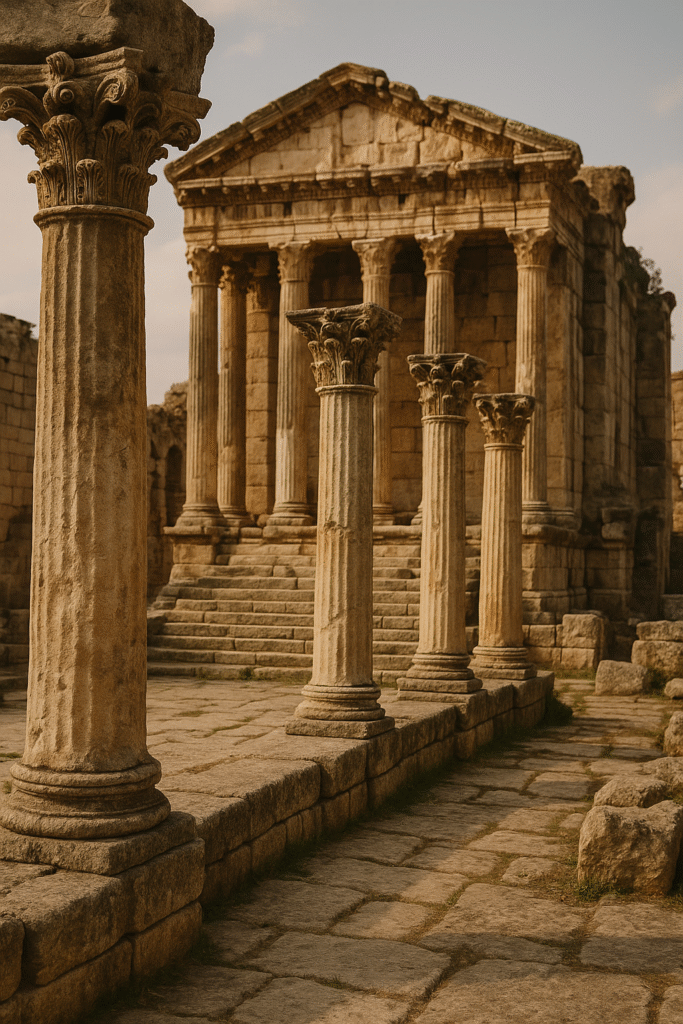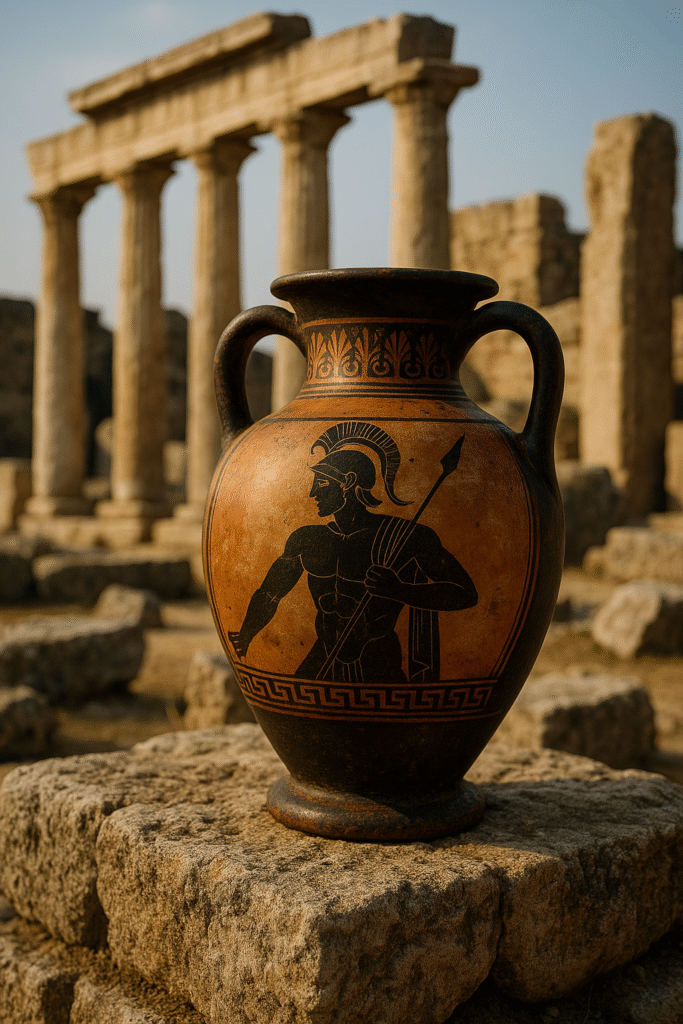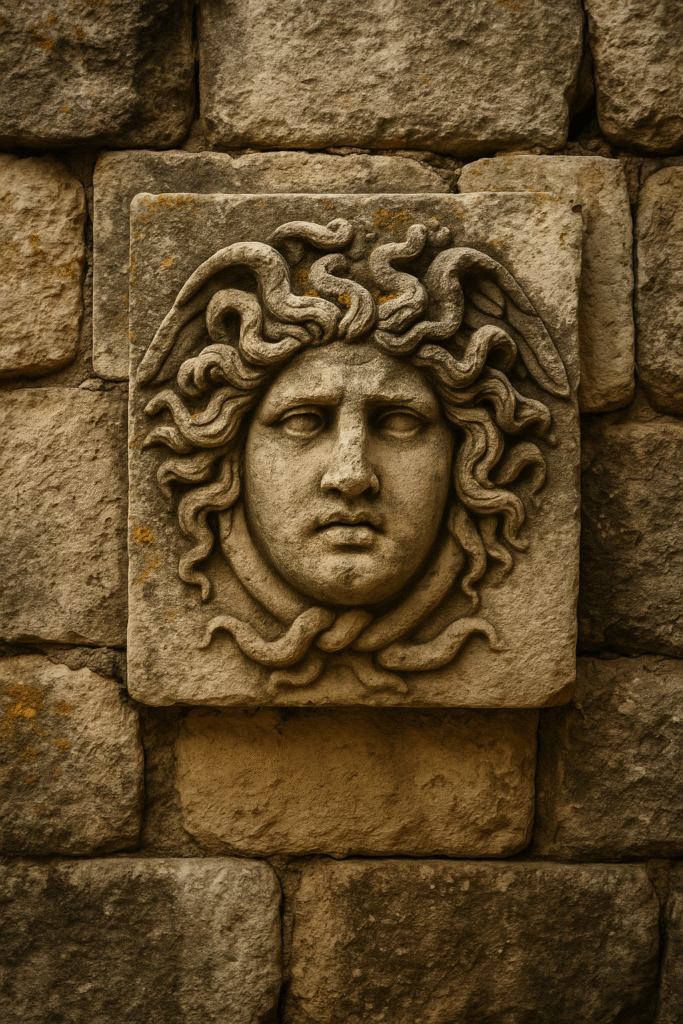In the quiet corridors of time, where memory dissolves into myth, humanity continues to stumble upon fragments of a world half-remembered. We call it antiquity—a word that suggests dust and silence—but its true legacy is anything but still. It is alive, woven into the fabric of our languages, our architecture, our beliefs, and even the way we imagine ourselves.
Stones That Speak
Across continents, relics of ancient civilizations rise from the earth like stubborn ghosts. The pyramids of Giza, aligned with celestial precision; the ziggurats of Mesopotamia, stairways to the gods; the intricate aqueducts of Rome, bending rivers to the will of empire. These were not just structures but statements—testimonies of ambition, faith, and defiance against nature’s limits.

Yet, even as we marvel at their grandeur, questions persist. How did cultures separated by oceans and centuries arrive at such similar architectural visions—pyramids in Egypt, in Mesoamerica, in China? Was it coincidence, or a deeper human instinct to shape stone into mountains that could bridge earth and sky?
The Myths That Endure
Antiquity does not survive in stone alone. Its pulse lingers in myths—stories that outlived the tongues that first spoke them. The flood narratives of Mesopotamia echo in biblical scripture. The Greek tales of gods meddling in mortal affairs reappear, dressed in new names, across Roman, Norse, and even modern mythmaking.
In these stories, we glimpse the anxieties and hopes of civilizations: the fear of chaos, the longing for immortality, the belief that the divine walked among us. To study them is to hold a mirror to humanity’s inner life, preserved across millennia.
The Fragile Power of Objects
Walk into any museum and you will find antiquity scattered behind glass: fragments of pottery, coins worn smooth, jewelry once clasped at a queen’s throat. To the untrained eye, they may seem humble, but each carries a universe. A shard of clay tells of trade routes that spanned seas. A bronze blade whispers of battles fought and forgotten.

And yet, these objects remind us of fragility. Civilizations that once commanded empires are now reduced to artifacts small enough to fit in the palm of a hand. The legacy of antiquity is not permanence—it is impermanence made visible.
Lessons for the Present
In an age of digital speed and fleeting memory, antiquity offers perspective. It shows us that even the most powerful civilizations were vulnerable to collapse. The ruins of Carthage, the toppled statues of the Maya, the crumbled theaters of Greece—all remind us that no society is immune to time’s erosion.
But antiquity also teaches resilience. Ideas, once sown, endure long after the soil that birthed them has turned to dust. Democracy, philosophy, written law—these were not accidents of history but deliberate creations, still shaping our world today.
A Living Legacy
The true legacy of antiquity is not confined to ruins, myths, or museums. It is within us. In the languages we speak, the symbols we use, the stories we tell, and the questions we still ask: Who are we? Where do we come from? What remains after we are gone?

To stand before the relics of antiquity is not merely to look backward—it is to feel the weight of time pressing forward. These echoes from forgotten worlds urge us to consider the legacy we ourselves will leave. Will it be carved in stone, coded in silicon, or scattered in fragments waiting for some distant future to rediscover?
Antiquity is not past. It is presence—an eternal dialogue between what has been and what will be.


Reply